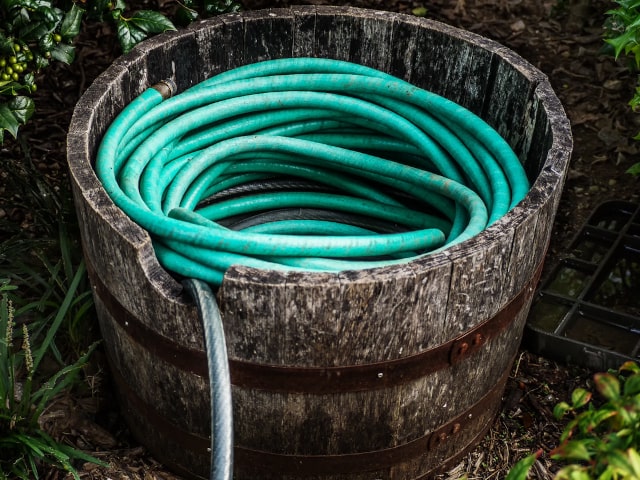
A quality garden hose is a must-have item for all people who wish to grow plants. It is a great way to quickly and easily water your plants. However, with so many types, varieties and prices, it's often difficult and near impossible to choose the right one.
The first thing you need to understand is that while it may seem like a simple item, there are some things you need to think about when it comes to garden hoses. Not all hoses are made in the same way: some are much better than the others. Cheap hoses can easily break, kink or leak after only a few weeks after purchase. It's not a money well spent. Even more, such a hose is completely useless for your garden.
Therefore, it's important to know how to choose a good one and to know what makes a quality hose for your garden.
Garden Hose Materials
Generally speaking, there are two common materials to make garden hoses: vinyl and rubber. Both can be good, even though rubber hoses tend to perform a bit better. If you want to buy a vinyl garden hose, take a look at the "ply". The greater the number, the thicker and more durable the hose is. For example, it's possible to buy a cheap, four-ply garden hose but it won't last for long. It's better to buy a more expensive but also more durable hose that will not break or leak after you pull it around.
When it comes to rubber hoses, they are perfect for gardens. Rubber hoses are flexible and they can handle a wide range of temperatures and other stress they will meet outside.
Couplings and Fittings
Another thing to keep in mind when choosing a hose is to look at its ends. Hoses have ends made of brass or stainless steel. These brass fittings are more durable than plastic and they help when a hose is puller, twisted, heated or cooled. One thing to keep in mind is to always have a hose washer between the hose and the connector. This will reduce leaking.
On the other hand, plastic connectors are not automatically bad. They can be molded in many ways so they are often more comfortable to handle. However, if in doubt, it's better to spend a few extra bucks for a hose with brass connectors.
Garden Hose Length
There are many standard lengths for garden hoses, typically 50, 75 and 100 foot. It's often a dilemma whether to go for the longest hose you can afford or simply the one you need at the moment. If you buy a shorter hose, don't worry: you can always attach two hoses together. Keep in mind, however, that the connection between hoses will be prone to leaks. On the other hand, a hose that's too long is not practical: it can get very heavy and difficult to carry around.
Indeed, hoses can get very heavy when they are full of water, so it's another thing to think about. If you find it difficult to drag a heavy hose all over the garden, you may opt for light, flat hoses. They are less durable but may be suitable for people who don't use them often.
Additional Features
When choosing a garden hose, you may wish to buy additional features, such as self-straightening collar or hoses that can manage higher pressure of the hot water (may be useful if you ever choose to use hot water in your garden). Another useful feature is anti-mildew feature, which allows you to fill a water tank and drink from the hose safely.
However, none of these features are an absolute must, and chances are that you will never use any of them. Therefore, unless you really know you will use some of these, don't spend money on a hose with these features you won't use anyway.
Tips
- When buying a hose, do a lift test. Do it to compare two hoses so you can see how well you can handle each of them. Remember, you will have to pull the hose around and carry it while it's full of water, so you need to know you are able to handle it.
- There are also special, commercial hoses made of heavy rubber, with brass fittings and typically 3/4 inch wide. This large side allows for water to run faster. If you do a lot of watering in your garden you might consider investing in this type of a hose.
- Remember: the cost difference between a low quality hose and a high-quality hose is minimal, so it's really worth spending a few extra bucks on a better, more durable hose you will be able to use for years.
- When in doubt, go for a rubber hose with brass fittings.
Photo credit: Thomas Cizauskas
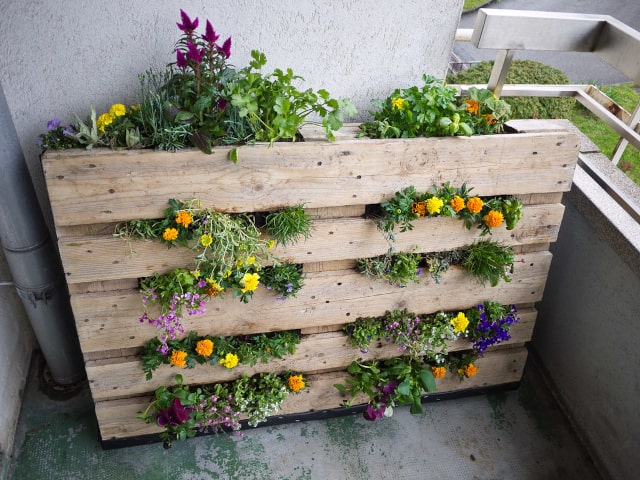
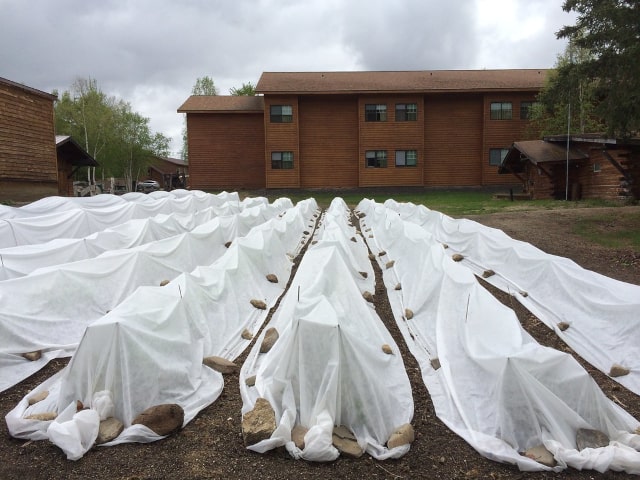
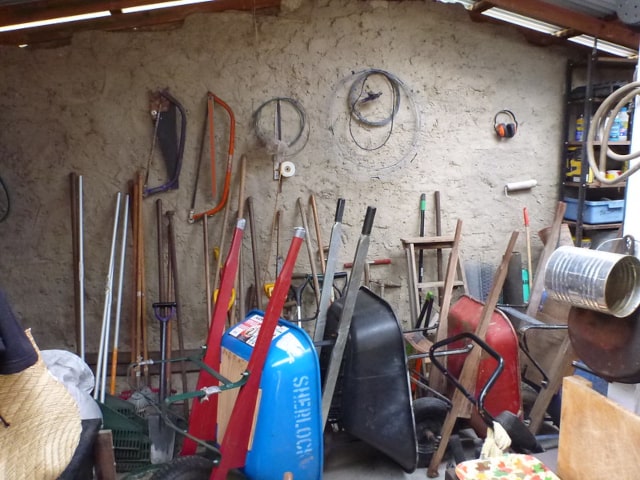
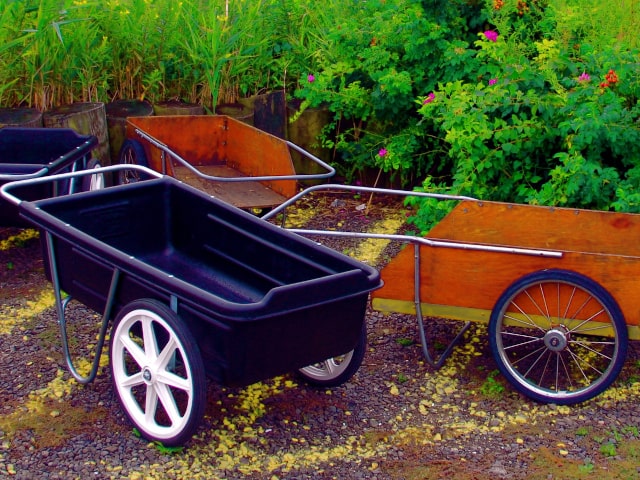
0 Comments